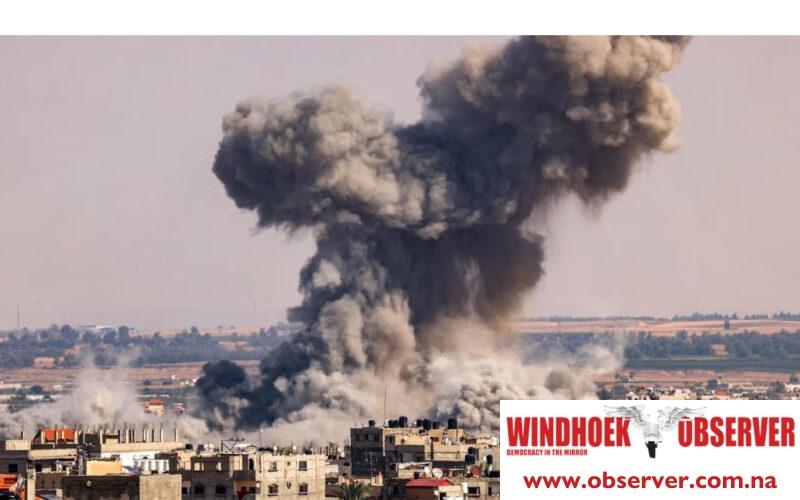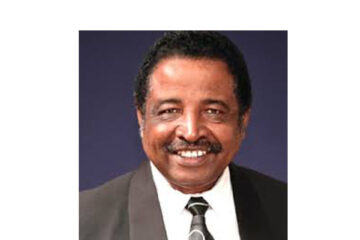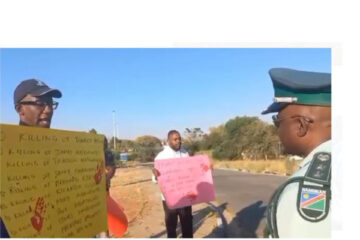Niël Terblanché
In a significant escalation of hostilities in die Middle East, the Israeli military with the assistance of NATO partners, successfully intercepted a large-scale drone and missile attack by Iran, averting potential devastation.
According to international media outlets, the attack began abruptly as hundreds of missiles and killer drones were launched towards Israeli territory.
The Israeli defence systems, bolstered by support from the United States and other allies, managed to intercept 99 percent of the incoming threats.
The interception showcased the preparedness and technological prowess of the Israeli military amidst growing regional instability.
According to reports, this unprecedented offensive included over 200 drones and missiles aimed directly at Israeli soil, signifying the first direct military engagement by Iran against Israel.
The attacks are believed to be in retaliation for an Israeli airstrike that demolished an Iranian consular building in Damascus earlier this month, which resulted in the deaths of several Iranian personnel.
The international community has turned its attention to the unfolding situation as the skies above Jerusalem were punctuated by the sounds of air defences working to intercept missiles and drones.
The United Nations Security Council (UNSC) is scheduled to convene an emergency meeting today at the request of Israel, which is urging the council to condemn the Iranian actions and to designate the Iranian Revolutionary Guard Corps as a terrorist organization.
Israel’s ambassador to the UN, Gilad Erdan, emphasized the gravity of the situation in a letter to the council’s president, stating, “The Iranian attack is a serious threat to global peace and security, and I expect the Council to use every means to take concrete action against Iran.”
In response to the crisis, leaders from the Group of Seven (G7) nations are also set to hold a video conference later today to discuss the situation and coordinate an international response.
The meeting, called by Italy, which currently holds the rotating G7 presidency, highlights the global concern over the escalation and the potential for further conflict in the region.
International media outlets stated that the latest episode emphasizes the volatile and unpredictable nature of the geopolitical dynamics in the Middle East, where longstanding conflicts and new alliances continue to shape the strategic landscape.




